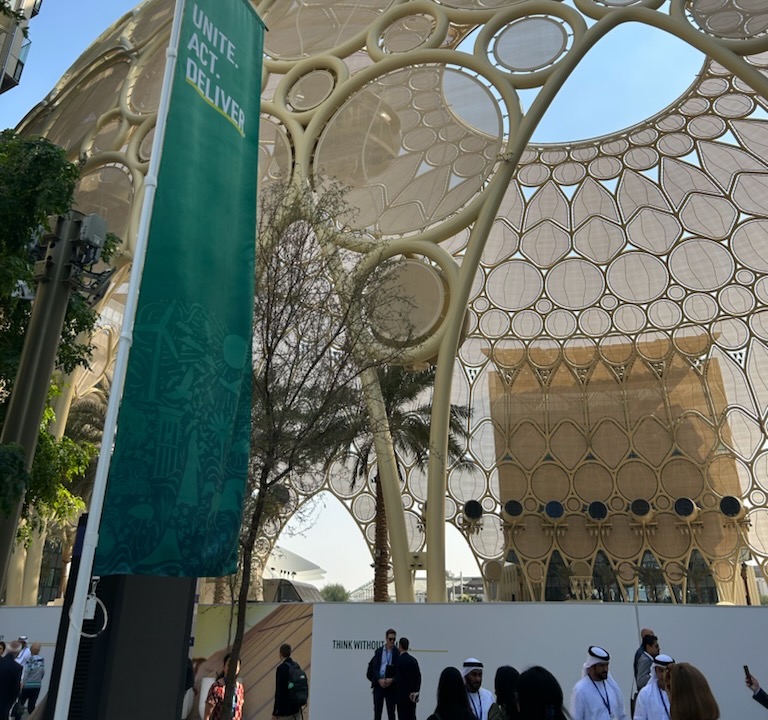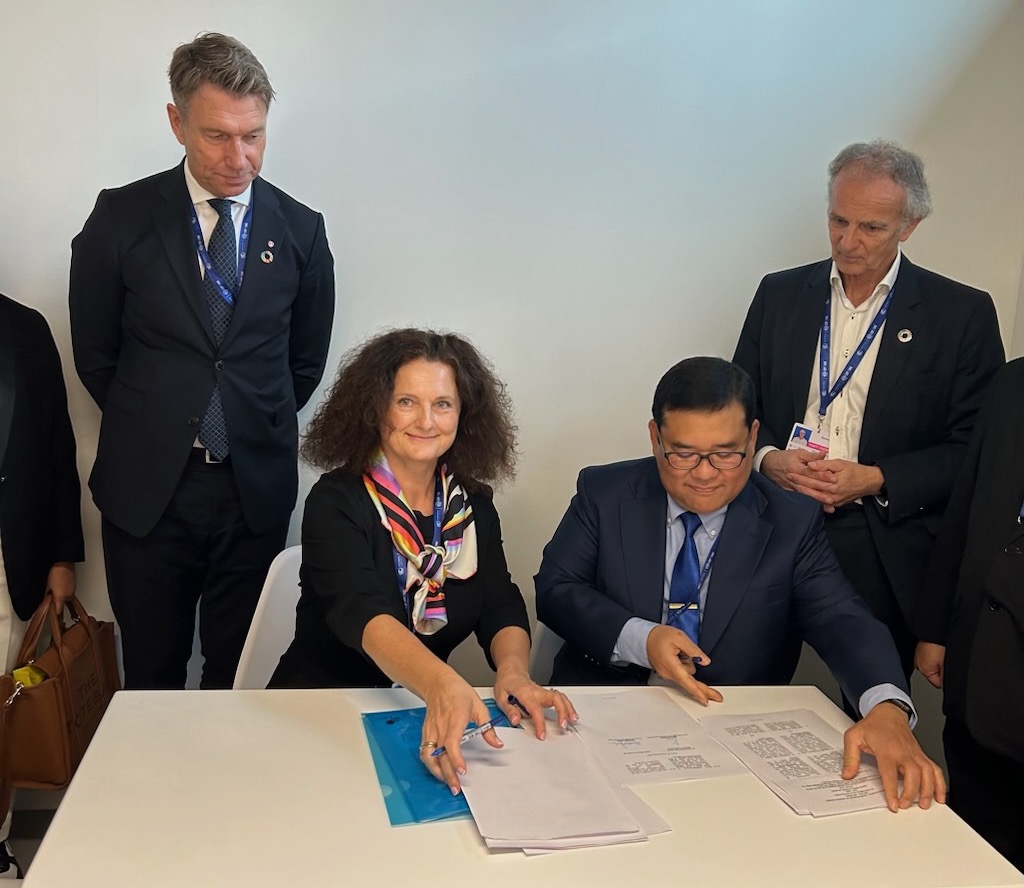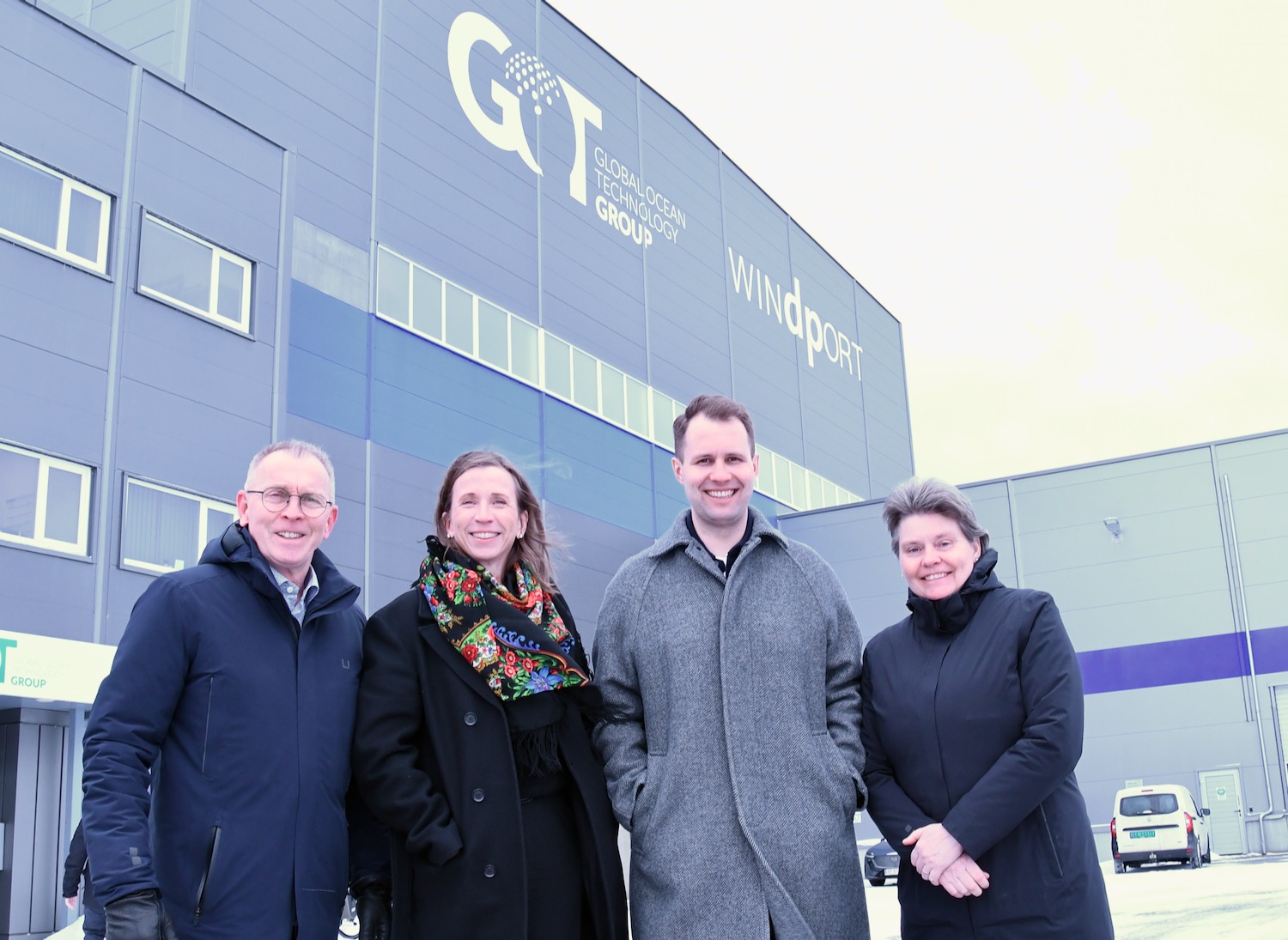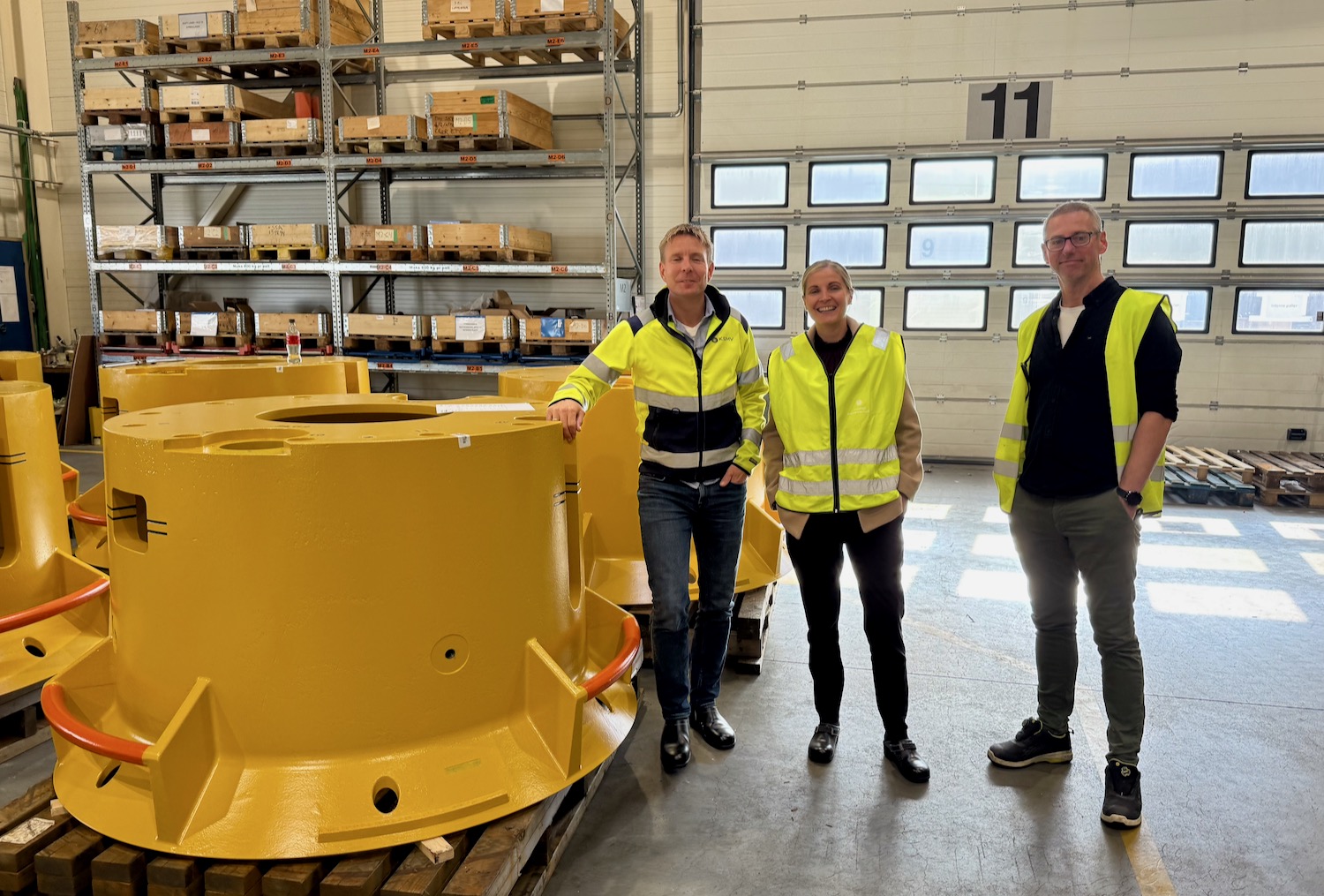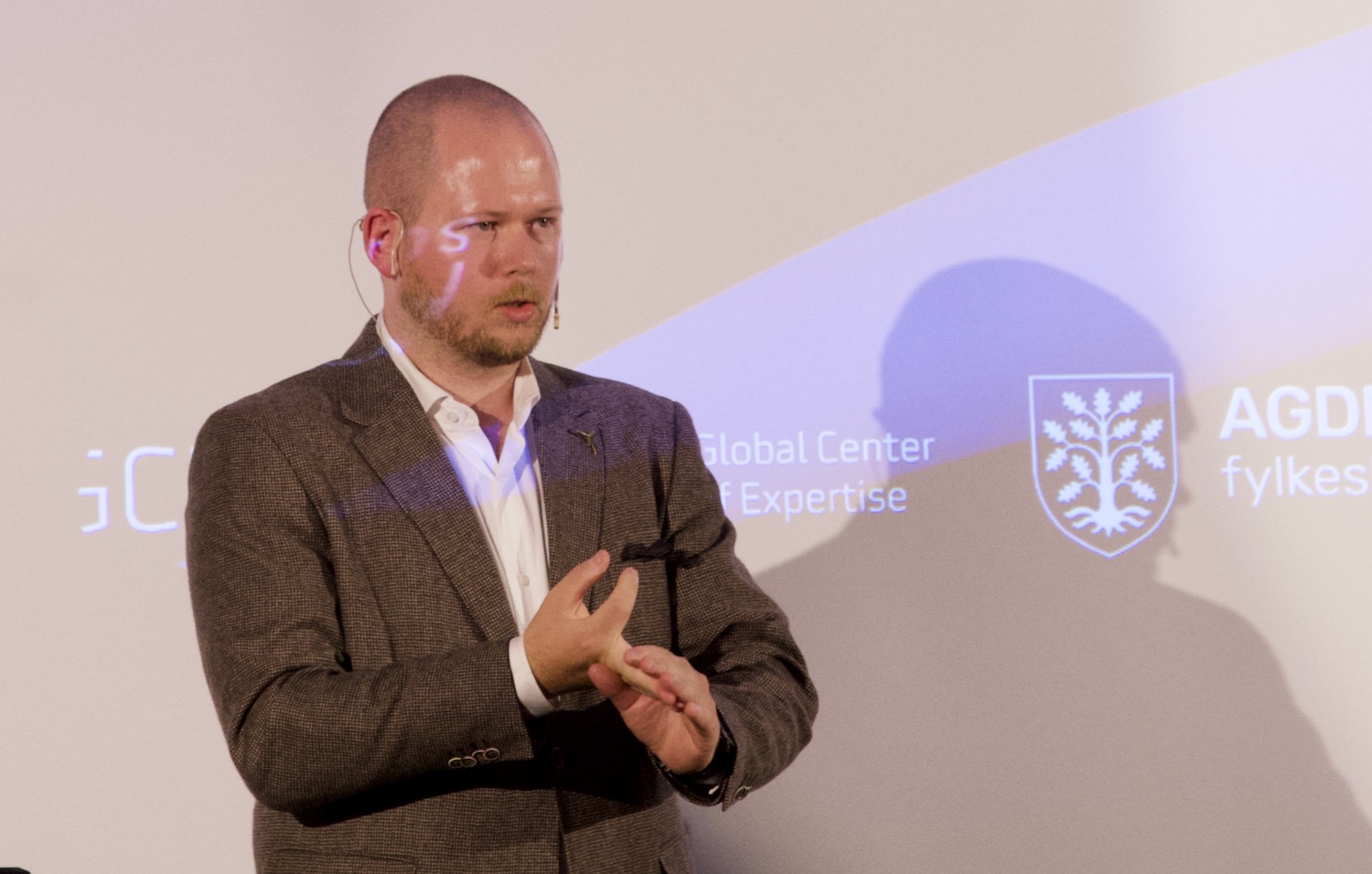EWP delivers solutions to utilize surplus energy to power off-grid datacenters. EWP was one of few Norwegian companies invited to speak at the COP28 climate summit in Dubai.
Ingvil Smines Tybring-Gjedde, CEO of EWP and former Norwegian Deputy Minister of Petroleum and Energy and Minister of Public Security, says the agreement with the Indonesian oil company Pertamina underlines the potential of EWP’s business idea.
“We specialize in using surplus energy from energy producers to power modular datacenters in parts of the world with poor or non-existent electricity grids. In Indonesia, we will work with the state-owned oil company to convert flare gas from their production sites to electricity to power local modular datacenters,” says Tybring-Gjedde.
NEW ENERGY SOLUTIONS
Huge amounts of energy are lost in energy plants worldwide due to flaring of excess gas. In addition, flaring contributes to large greenhouse gas emissions. Excess power can also stem from wind and solar power plants, which produce electricity when the wind blows and the sun shines, even when it is not needed.
“Vast amounts of surplus energy will not find a consumer, while datacenters consume enormous amounts of energy, thus putting a strain on national power grids. By using surplus energy to run datacenters, we solve several problems at the same time, while contributing to climate change mitigation,” says Tybring-Gjedde.
MET INTERNATIONAL DECISION-MAKERS
Terje Aasland, Norwegian Minister of Petroleum and Energy, and top officials from the Indonesian government and the oil company, were present at the signing of the MoU.
EWP’s participation at COP28 represented a great opportunity to present EWP’s solutions to decision-makers from many parts of the world.
“I was invited to participate in a panel debate with an international business audience. The topic was Digital Technology – accelerating a sustainable transition through connectivity and creativity. Our solutions are tailored to the African continent, which is rich on energy, but short on infrastructure. Africa also has a growing young population that wants access to computing power, the internet and social media,” says Tybring-Gjedde.
Panel participants discussed the need to forge novel and transformational partnerships to close gaps in physical and digital infrastructure in Africa. EWP aims to be one of many participants. With local sources of surplus power, datacenters can be established locally, independent of grids, to deliver cloud-based services via fiber or satellite.
EWP was established three years ago by Tybring-Gjedde and several other energy and environmental enthusiasts. They are now preparing for growth and increased demand for their solutions.
